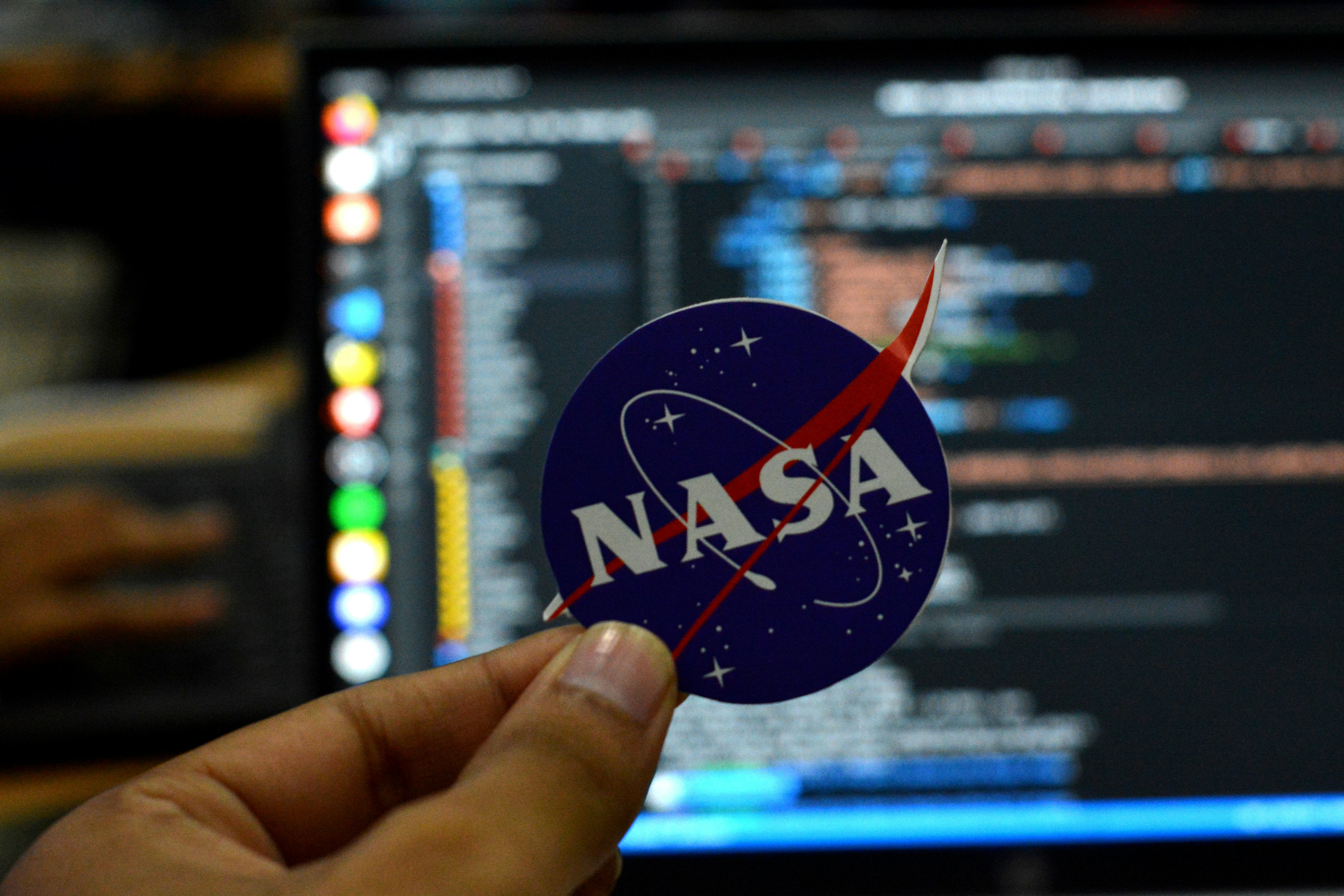
Final week, Freedom Home, a human rights advocacy group, launched its annual overview of the state of web freedom world wide; it’s one of the crucial necessary trackers on the market if you wish to perceive modifications to digital free expression.
As I wrote, the report exhibits that generative AI is already a sport changer in geopolitics. However this isn’t the one regarding discovering. Globally, web freedom has by no means been decrease, and the variety of nations which have blocked web sites for political, social, and non secular speech has by no means been greater. Additionally, the variety of nations that arrested individuals for on-line expression reached a report excessive.
These points are significantly pressing earlier than we head right into a yr with over 50 elections worldwide; as Freedom Home has famous, election cycles are instances when web freedom is commonly most underneath risk. The group has issued some suggestions for the way the worldwide neighborhood ought to reply to the rising disaster, and I additionally reached out to a different coverage professional for her perspective.
Name me an optimist, however speaking with them this week made me really feel like there are no less than some actionable issues we’d do to make the web safer and freer. Listed here are three key issues they are saying tech corporations and lawmakers ought to do:
- Improve transparency round AI fashions
One of many major suggestions from Freedom Home is to encourage extra public disclosure of how AI fashions have been constructed. Massive language fashions like ChatGPT are infamously inscrutable (it is best to learn my colleagues’ work on this), and the businesses that develop the algorithms have been proof against disclosing details about what knowledge they used to coach their fashions.
“Authorities regulation ought to be aimed toward delivering extra transparency, offering efficient mechanisms of public oversight, and prioritizing the safety of human rights,” the report says.
As governments race to maintain up in a quickly evolving house, complete laws could also be out of attain. However proposals that mandate extra slim necessities—just like the disclosure of coaching knowledge and standardized testing for bias in outputs—might discover their means into extra focused insurance policies. (For those who’re curious to know extra about what the US particularly could do to control AI, I’ve lined that, too.)
Relating to web freedom, elevated transparency would additionally assist individuals higher acknowledge when they’re seeing state-sponsored content material on-line—like in China, the place the federal government requires content material created by generative AI fashions to be favorable to the Communist Social gathering.
- Be cautious when utilizing AI to scan and filter content material
Social media corporations are more and more utilizing algorithms to reasonable what seems on their platforms. Whereas automated moderation helps thwart disinformation, it additionally dangers hurting on-line expression.
“Whereas firms ought to contemplate the methods during which their platforms and merchandise are designed, developed, and deployed in order to not exacerbate state-sponsored disinformation campaigns, they should be vigilant to protect human rights, specifically free expression and affiliation on-line,” says Mallory Knodel, the chief know-how officer of the Middle for Democracy and Expertise.
Moreover, Knodel says that when governments require platforms to scan and filter content material, this usually results in algorithms that block much more content material than meant.
As a part of the answer, Knodel believes tech corporations ought to discover methods to “improve human-in-the-loop options,” during which individuals have hands-on roles in content material moderation, and “depend on consumer company to each block and report disinformation.”
- Develop methods to raised label AI generated content material, particularly associated to elections
At the moment, labeling AI generated photographs, video, and audio is extremely onerous to do. (I’ve written a bit about this up to now, significantly the methods technologists are attempting to make progress on the issue.) However there’s no gold commonplace right here, so deceptive content material, particularly round elections, has the potential to do nice hurt.
Allie Funk, one of many researchers on the Freedom Home report, instructed me about an instance in Nigeria of an AI-manipulated audio clip during which presidential candidate Atiku Abubakar and his staff could possibly be heard saying they deliberate to rig the ballots. Nigeria has a historical past of election-related battle, and Funk says disinformation like this “actually threatens to inflame simmering potential unrest” and create “disastrous impacts.”
AI-manipulated audio is especially onerous to detect. Funk says this instance is only one amongst many who the group chronicled that “speaks to the necessity for an entire host of several types of labeling.” Even when it could’t be prepared in time for subsequent yr’s elections, it’s crucial that we begin to determine it out now.
What else I’m studying
- This joint investigation from Wired and the Markup confirmed that predictive policing software program was proper lower than 1% of time. The findings are damning but not stunning: policing know-how has an extended historical past of being uncovered as junk science, particularly in forensics.
- MIT Expertise Evaluation launched our first record of local weather know-how corporations to observe, during which we spotlight corporations pioneering breakthrough analysis. Learn my colleague James Temple’s overview of the record, which makes the case of why we have to take note of applied sciences which have potential to influence our local weather disaster.
- Firms that personal or use generative AI would possibly quickly have the ability to take out insurance coverage insurance policies to mitigate the danger of utilizing AI fashions—assume biased outputs and copyright lawsuits. It’s an interesting improvement within the market of generative AI.
What I realized this week
A new paper from Stanford’s Journal of On-line Belief and Security highlights why content material moderation in low-resource languages, that are languages with out sufficient digitized coaching knowledge to construct correct AI techniques, is so poor. It additionally makes an attention-grabbing case about the place consideration ought to go to enhance this. Whereas social media corporations in the end want “entry to extra coaching and testing knowledge in these languages,” it argues, a “lower-hanging fruit” could possibly be investing in native and grassroots initiatives for analysis on natural-language processing (NLP) in low-resource languages.
“Funders might help help current native collectives of language- and language-family-specific NLP analysis networks who’re working to digitize and construct instruments for a few of the lowest-resource languages,” the researchers write. In different phrases, somewhat than investing in accumulating extra knowledge from low-resource languages for large Western tech corporations, funders ought to spend cash in native NLP tasks which can be growing new AI analysis, which might create AI effectively suited to these languages instantly.





